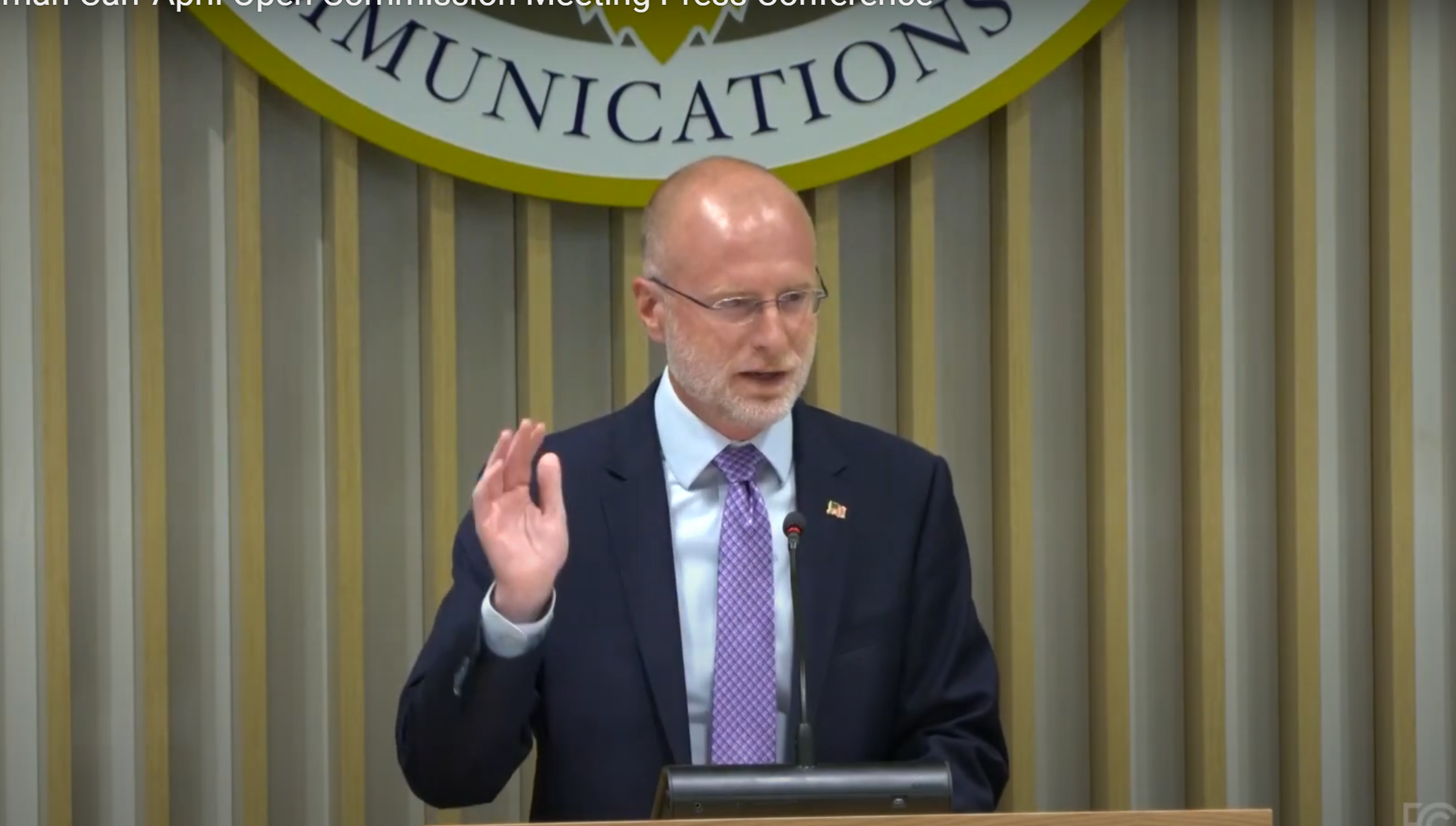FCC Looks to Clear Backlog of Inactive Proceedings
Agency targets over 2,000 dockets for termination as part of an effort to boost its efficiency

WASHINGTON—The Federal Communications Commission said it hopes to terminate over 2,000 official proceedings that have become dormant. As part of that effort, the Consumer and Governmental Affairs Bureau is seeking public comment on dockets that have been identified by staff as inactive or moot.
The FCC noted that this is part of a larger effort to streamline its operations and that nearly 100 other dockets have already been closed administratively.
Although the FCC has moved to close dormant proceedings before, this is far and away the largest number of dormant dockets the agency has ever sought to remove in a single proceeding, the agency said. The oldest docket teed up for termination dates back to 1991.
“The FCC is focused on delivering great and efficient results for the American people,” FCC chair Brendan Carr said in making the announcement. “And that requires the agency to clear out the regulatory underbrush that has built up over the years. Today, we are targeting over 2,000 open proceedings for termination. This will free up staff resources to focus on the agency’s core mission and provide the regulatory certainty that allows providers to invest and build. It is time for these deadwood proceedings to go.”
A list of the dockets is available here.
The Public Notice seeking comments on the dockets it would like to delete is available here.
In moving to close these dockets, the FCC stressed that the dormant docket workstream established by the Public Notice is distinct from the agency’s ongoing “In Re: Delete, Delete, Delete” initiative, which seeks to identify outdated and overly burdensome regulations that should be repealed.
The professional video industry's #1 source for news, trends and product and tech information. Sign up below.
In addition to the dockets listed in the Consumer and Governmental Affairs Bureau’s Public Notice, the bureau is also inviting the public to identify other dockets that may no longer be relevant and should be terminated.
The agency explained that the FCC creates formal dockets to categorize public comments around certain interrelated policy questions. “While this is an important tool in the agency’s policymaking and public engagement efforts, too often there is not a commensurate effort to close out a docket after it becomes dormant, moot or no longer useful,” the agency reported.
If a docket is terminated, the Public Notice said that “the termination of a dormant proceeding also includes dismissal as moot of any pending petition, motion, or other request for relief that is procedural in nature or otherwise does not address the merits of the proceeding.”
The effort is part of a larger push to improve efficiency, which the FCC claimed had also led to the decision or order its staff back to full-time office work and to end “the promotion of DEI.”
George Winslow is the senior content producer for TV Tech. He has written about the television, media and technology industries for nearly 30 years for such publications as Broadcasting & Cable, Multichannel News and TV Tech. Over the years, he has edited a number of magazines, including Multichannel News International and World Screen, and moderated panels at such major industry events as NAB and MIP TV. He has published two books and dozens of encyclopedia articles on such subjects as the media, New York City history and economics.

